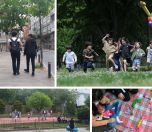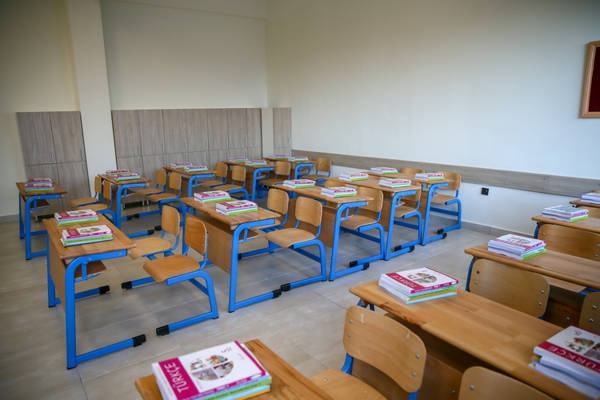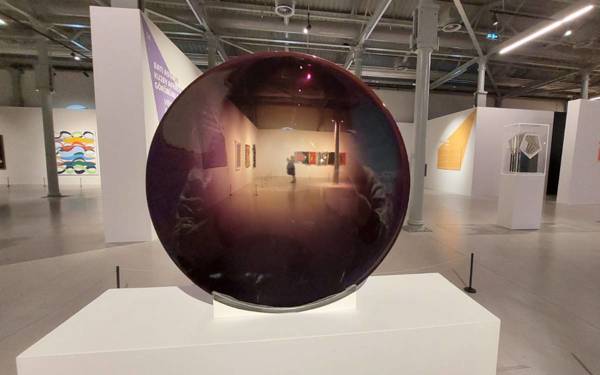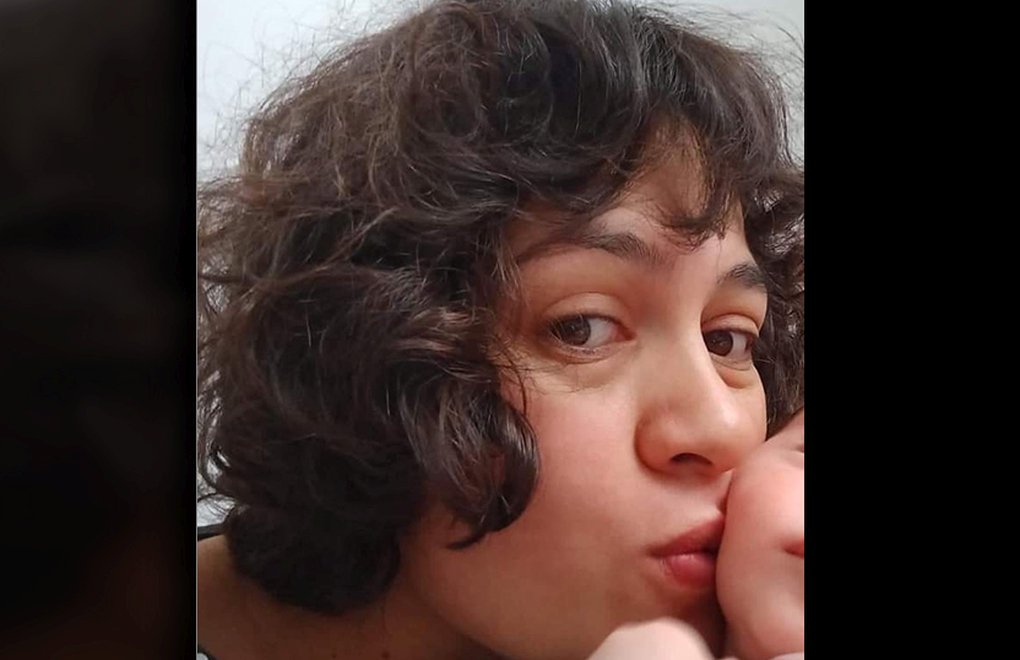* Children sent photos in response to the question "Where do you spend most of your time at home?"
Click to read the article in Turkish
"What gets on my nerves the most in this process is that everyone is at home... that I do not have my personal space... when I watch something on TV, someone just zaps, which makes me really angry... they keep on doing something even if I said I did not like it..."
It is how children summarize what gets on their nerves the most in the novel coronavirus (COVID-19) quarantine.
They also expect to be more respected:
"We are going through this process all together and we have been detached from our disorderly stable lives all together. That is why, understanding and respect is my biggest wish. What is more important than health is not sudies or homework, but physical and mental health. I want you to keep that in mind all the time. If respect is no more, than everything will just disappear, too. So, it is not a single-sided thing, we do not have to obey you just because we are your children. Respect needs to be mutual."
67 voluntary children
Child and Youth Studies Specialist Ceren Suntekin conducted a survey with the children who stayed home during quarantine.
Preparing a brief report on these surveys, Suntekin says that especially in societies that do not consider children's participation to be important or do not regard them as individuals, it becomes much harder to hear the voices of children and make their needs visible, when coupled with quarantine conditions where access to support mechanisms is very limited.
The survey was answered by 38 voluntary girls and 29 boys from middle class families who have access to the Internet.
'I wish I had a puppy'
"Hanging out with friends," "being at school with friends," playing games with friends"... According to survey results, what children have missed or needed the most in this process of lockdown and isolation is first their friends and school, then playing games and walking outside.
When they are asked what would make them feel good, they say, "I wish I had a puppy," "I wish I could kill coronavirus," "I wish they handed out crayons to everyone," "I wish we had a house with a garden and pool," "I wish we were allowed to go out at least once a week, "I wish I could stay alone," "I wish I could play with my friend from afar..."
'I have found the opportunity to know myself'
Children are also asked, "You have been at home since the onset of the outbreak, what do you like the most about it." They answer:
"I spend as much time with my family as I want,"
"I do not study all day long,"
"I can take a break from my studies whenever I like,"
"I listen to as much music as I want,"
"I do not go to school,"
"I have seen that I am skilled at cooking,"
"I have found the opportunity to come to know myself,
"I do not lose time in the traffic,"
"I dream a lot."
Ceren Suntekin: They are individuals, too"As the ones who work in the field of children's rights, we have tried to attract attention to how safe children are at home in the time of pandemic and what restrictions they face in accessing their different and unique needs. "As we are approaching the end of this three-month period when we stayed home with children, we see that when we offer children an environment where they can easily express themselves, what they say is heard, they have a say in decision-making processes at home and they are accepted, it means we fulfil our responsibility as adults and take a huge step in protecting them from all types of negligence and abuse. And this is possible only if we do not forget that children are individuals, too. "When we interact with children, we had better question how much of what we do is because of their needs and how much of it is because of ours, which will be a guide for us to protect the rights of children." |
* Click to read the full report (in Turkish)
(AÖ/SD)





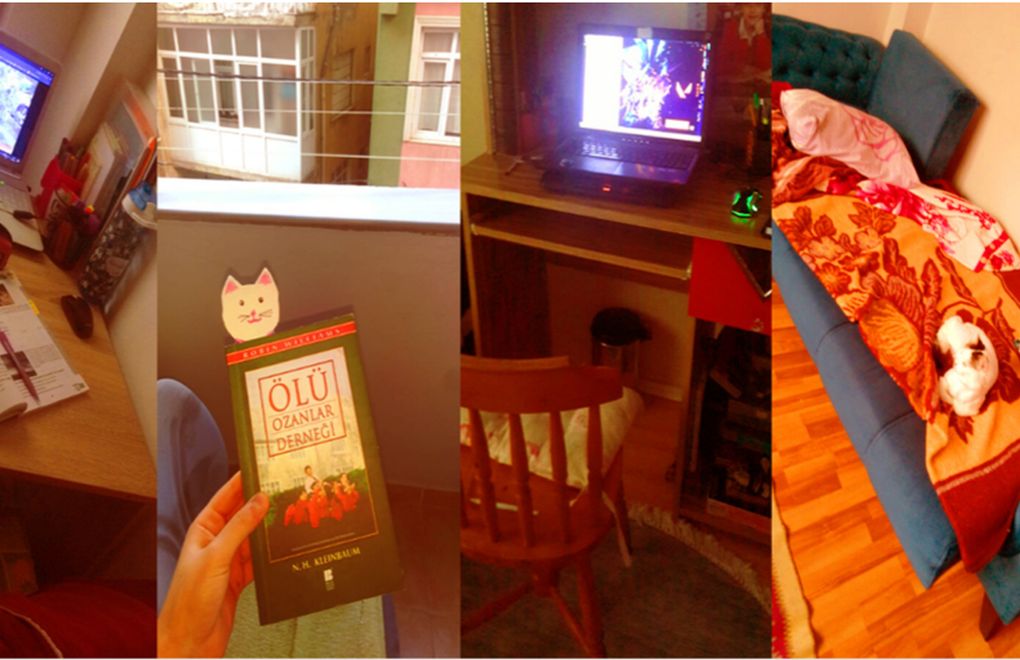
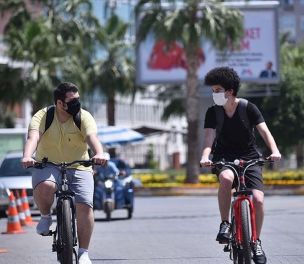
-132.jpg)
